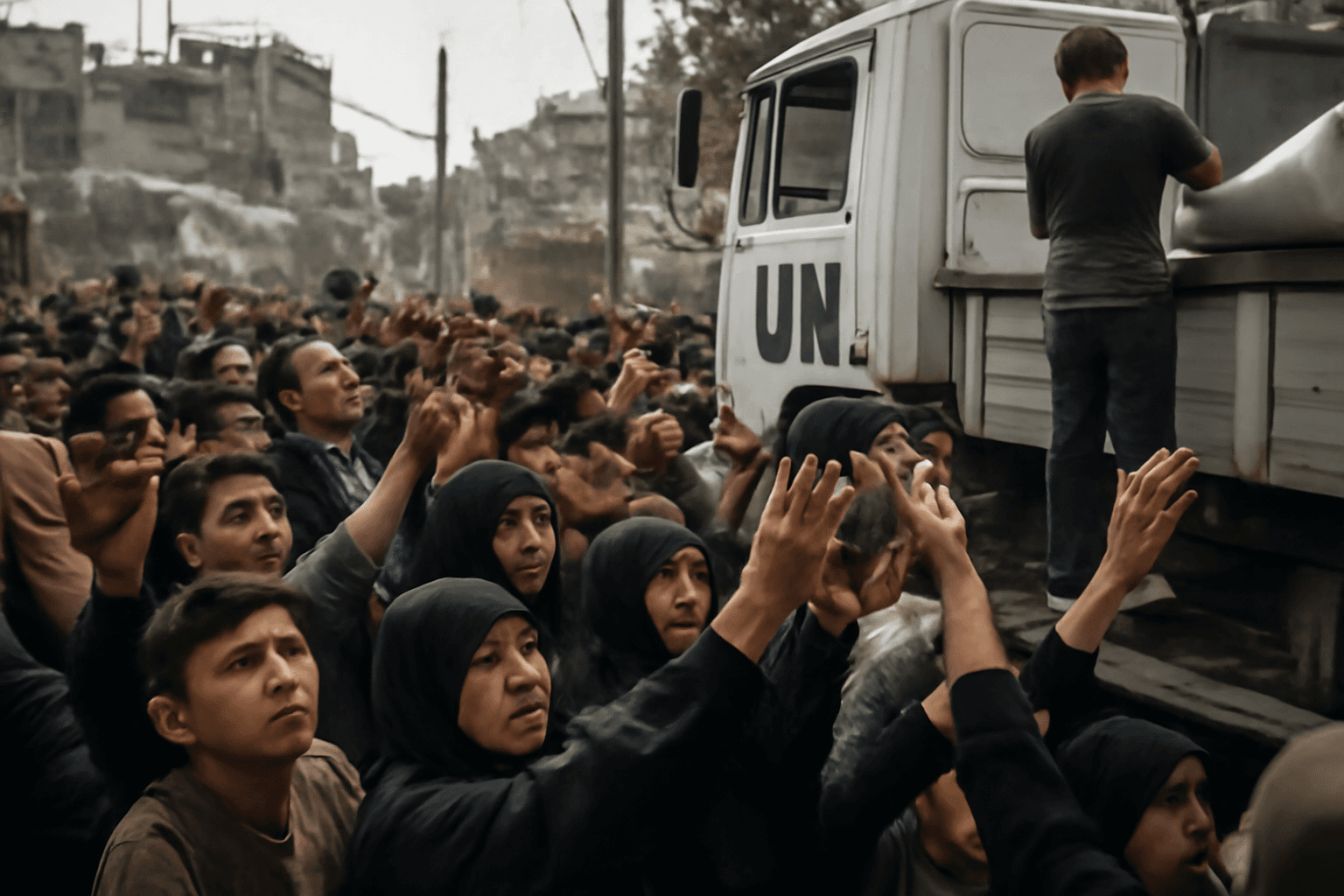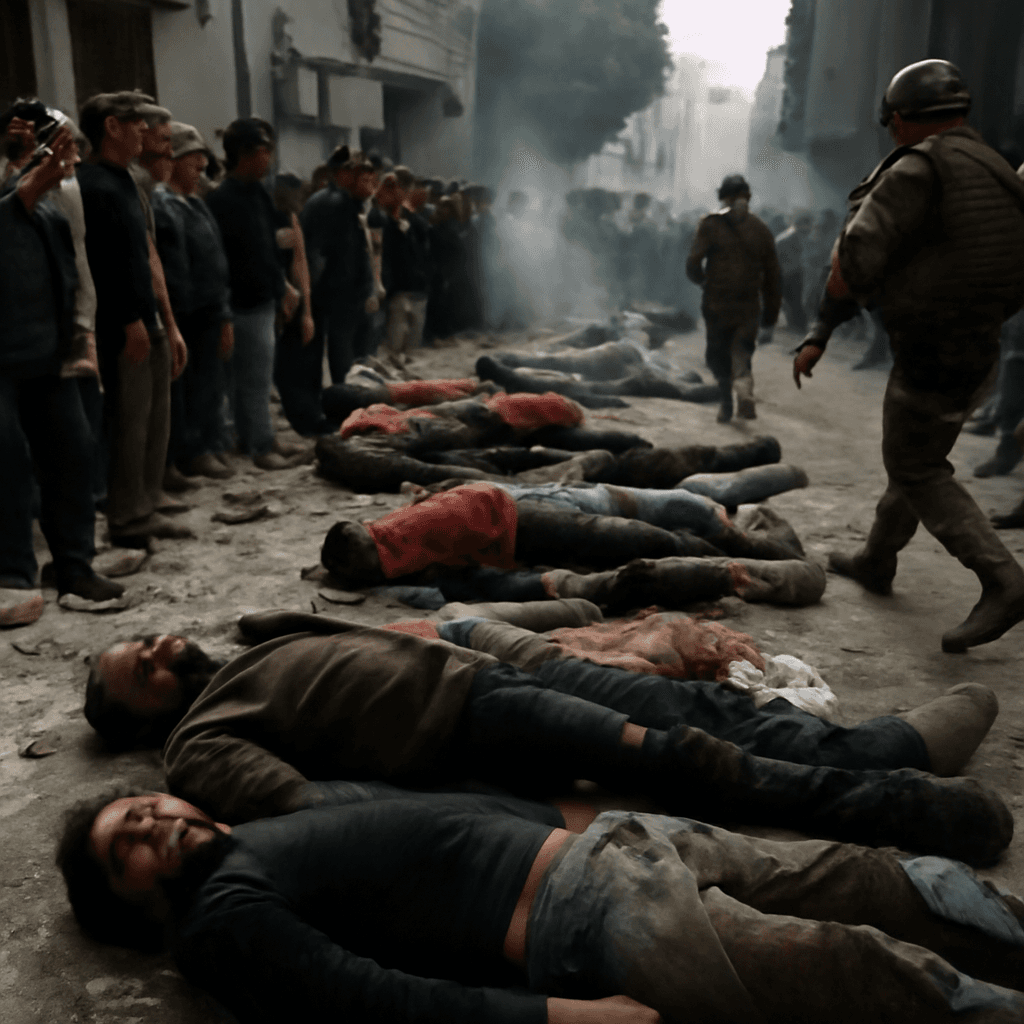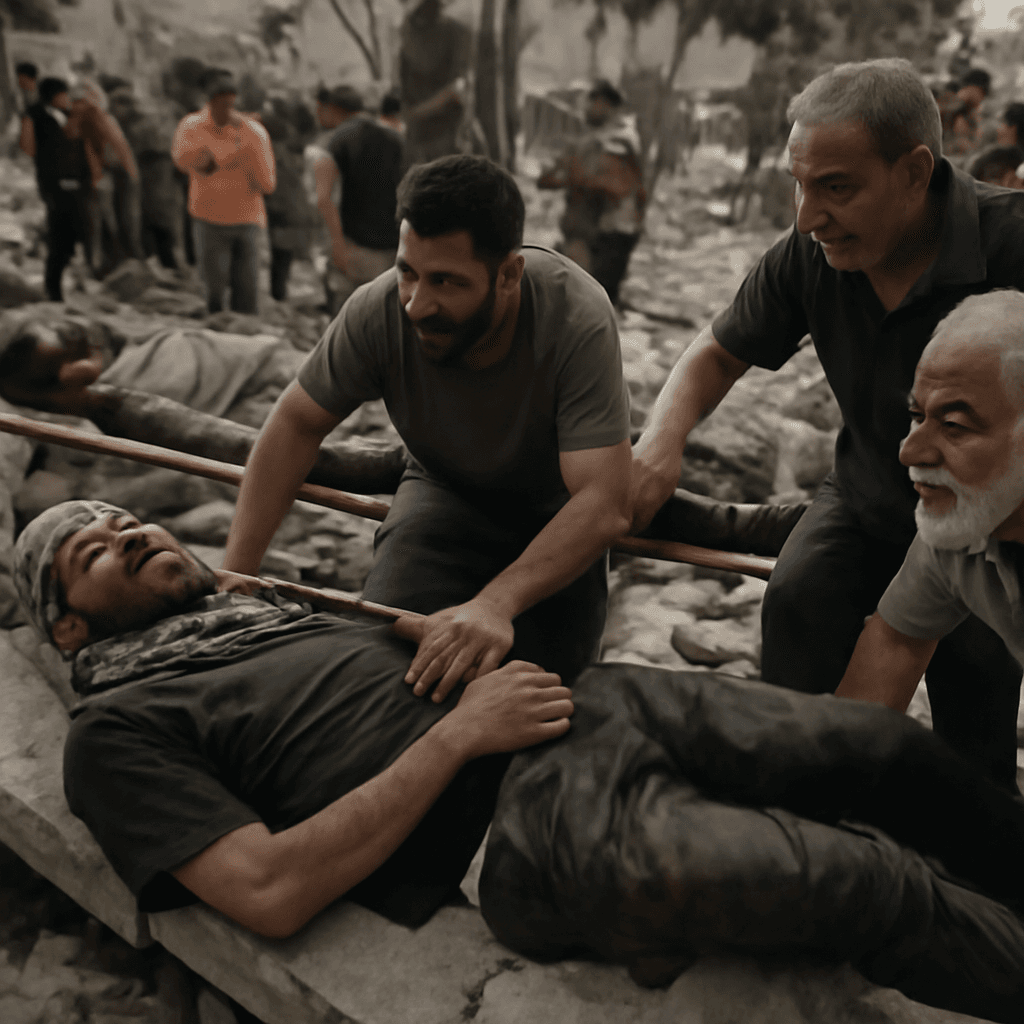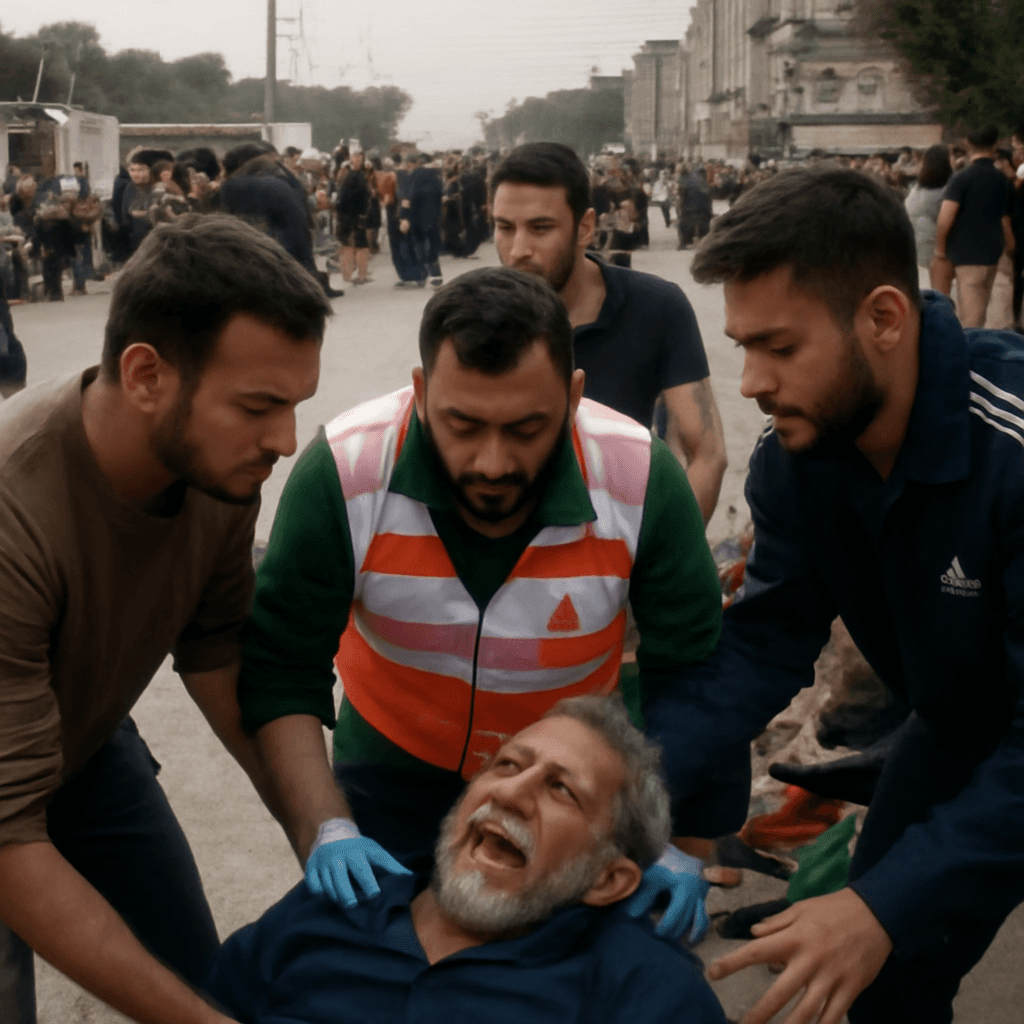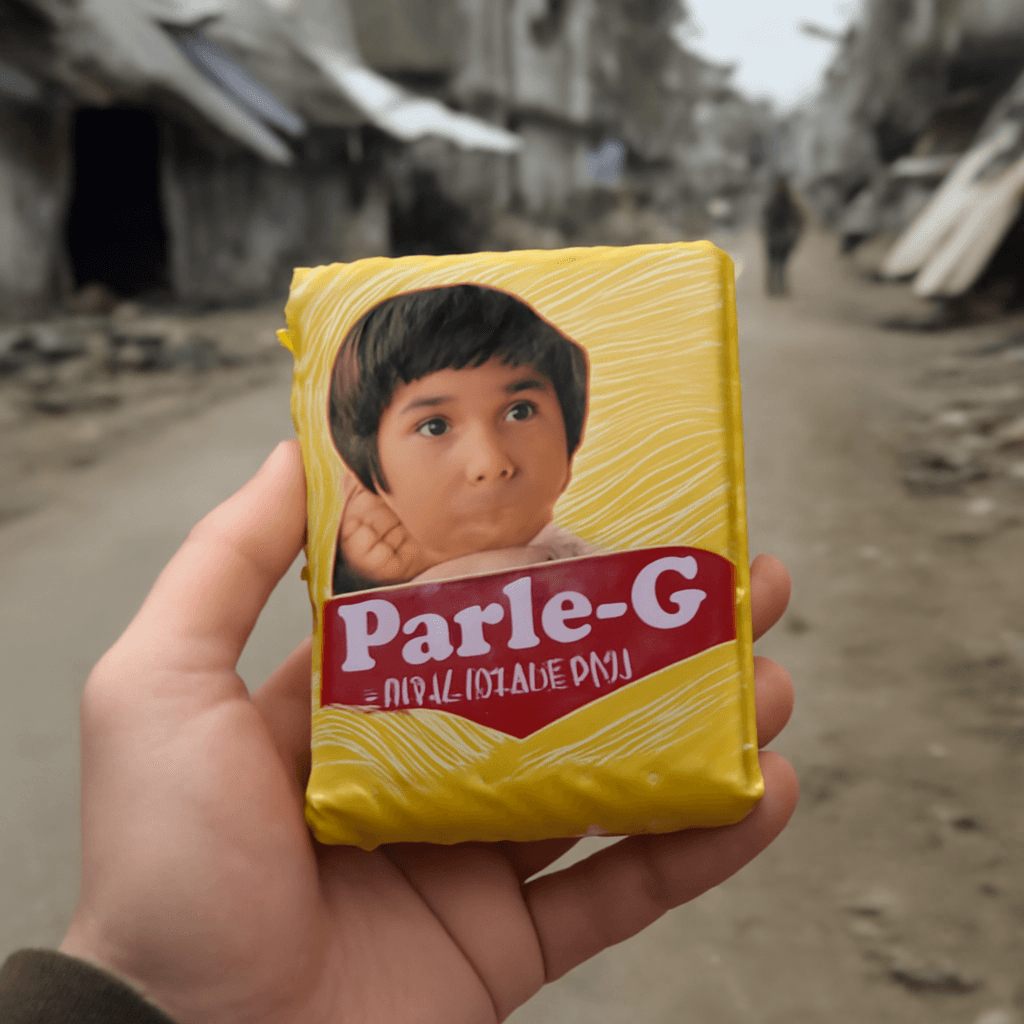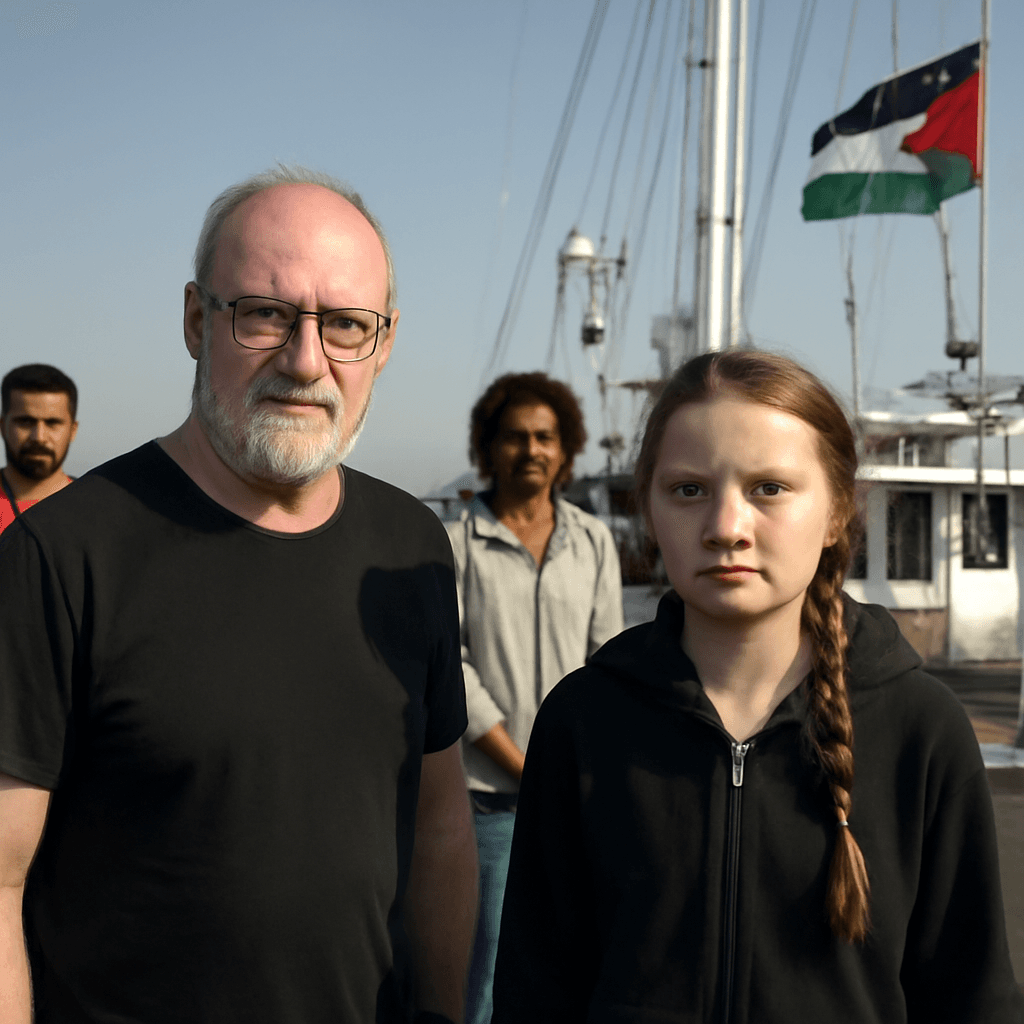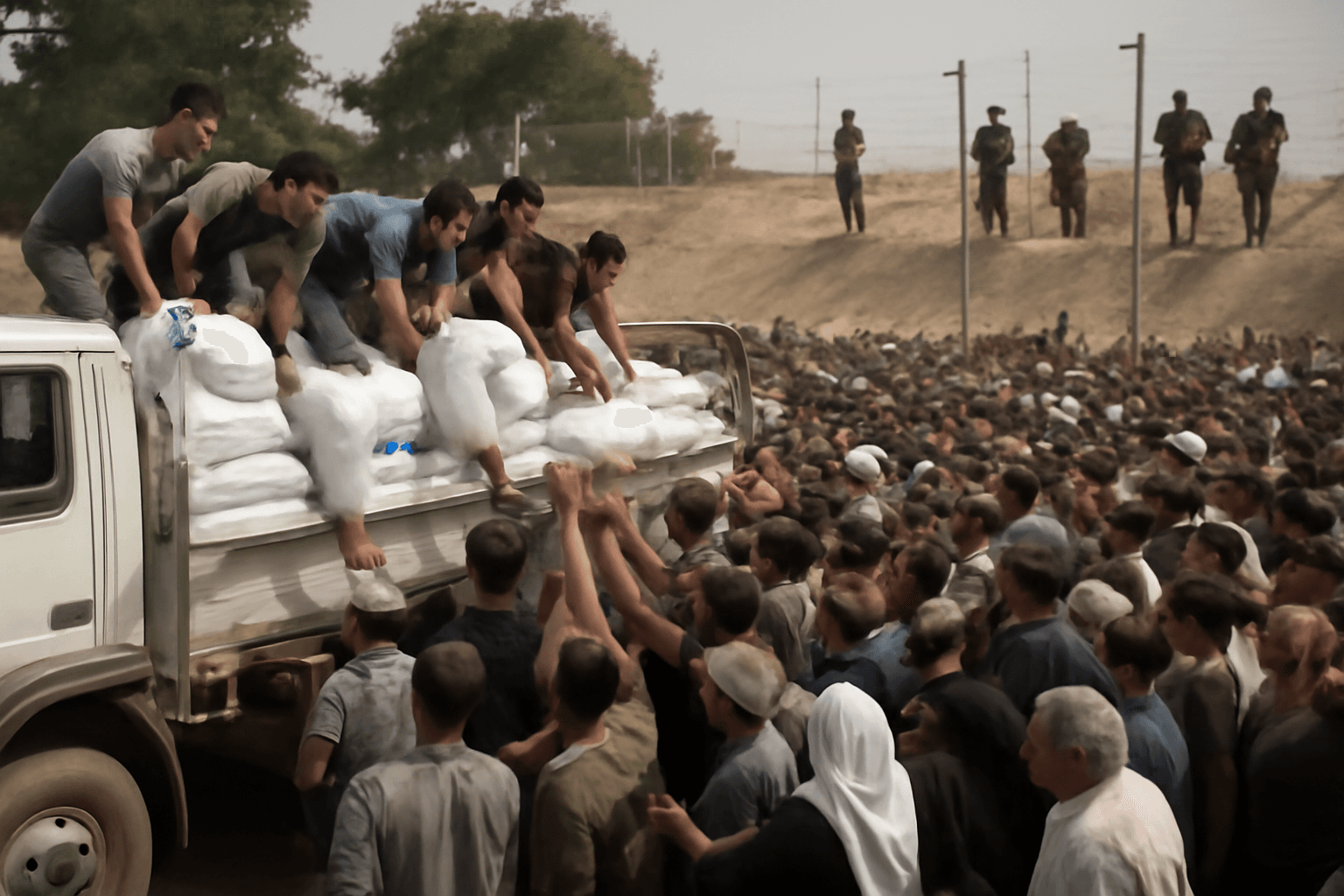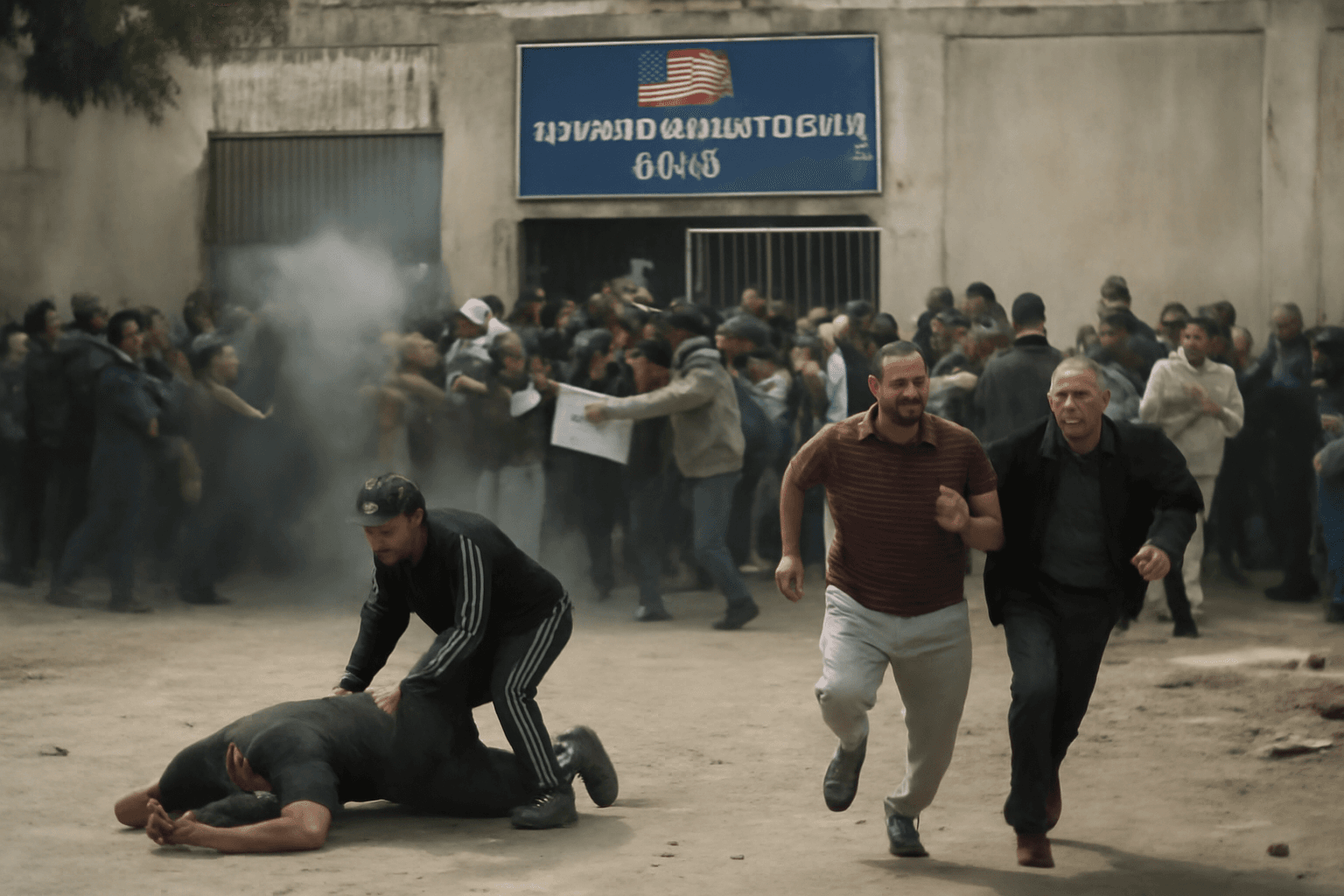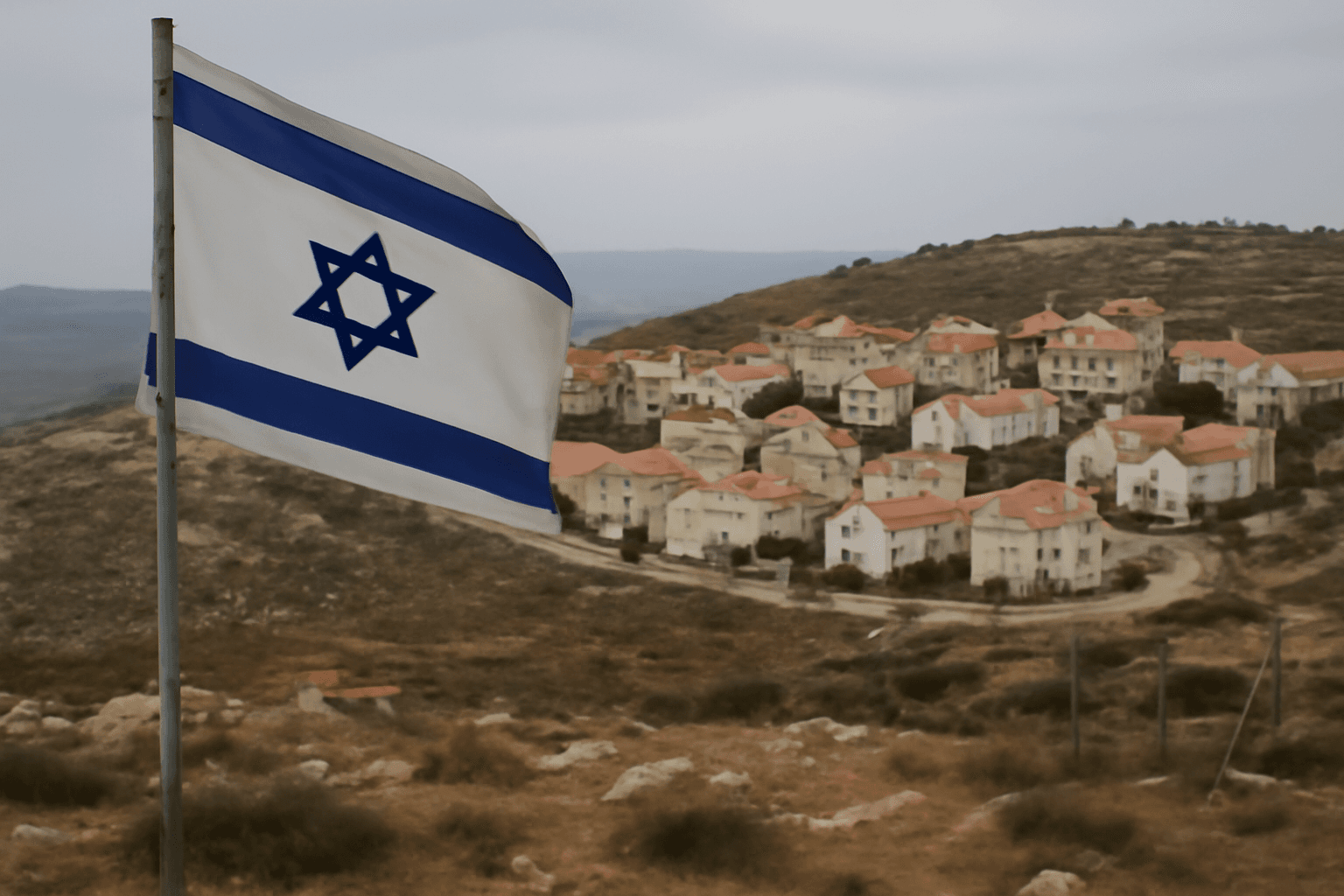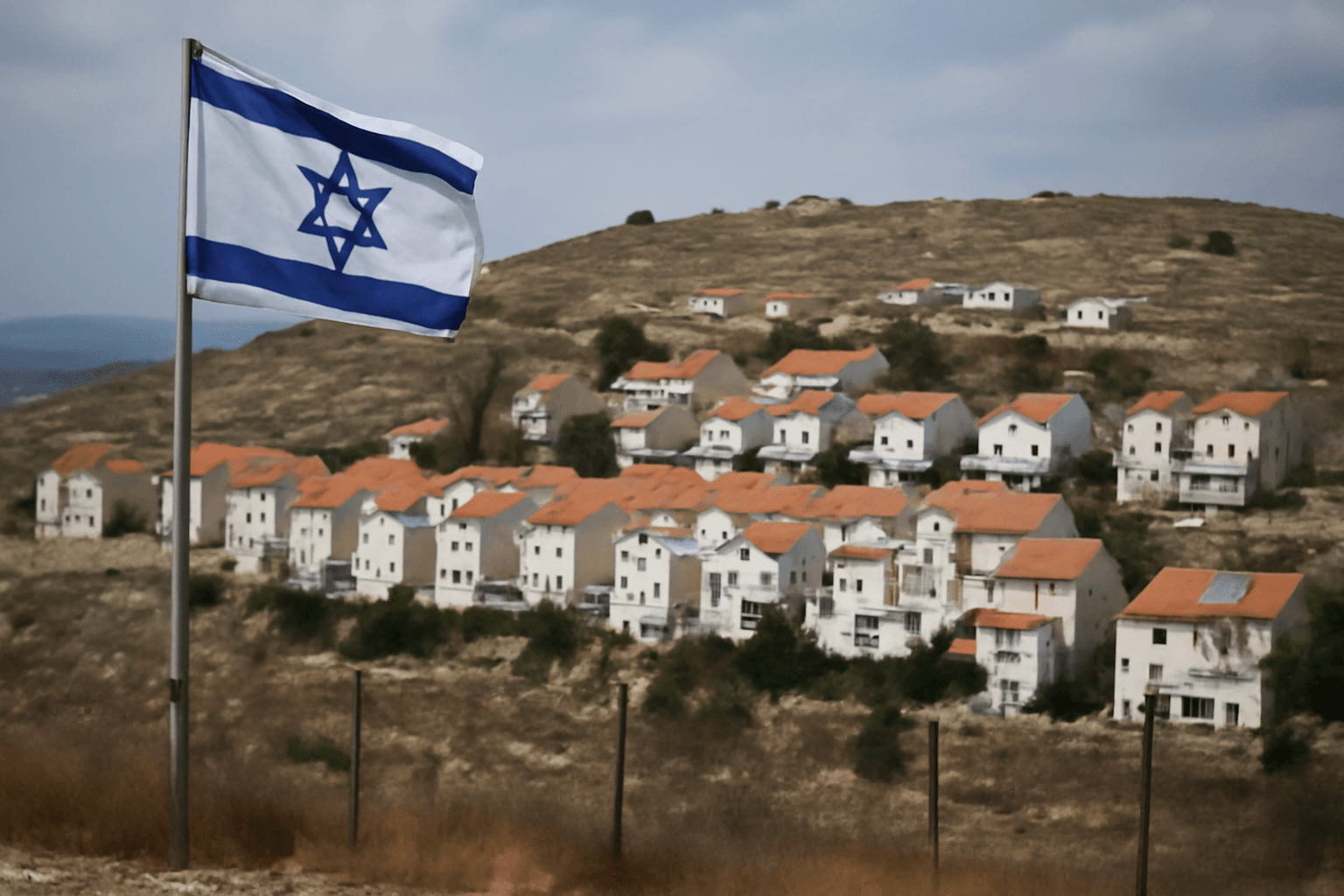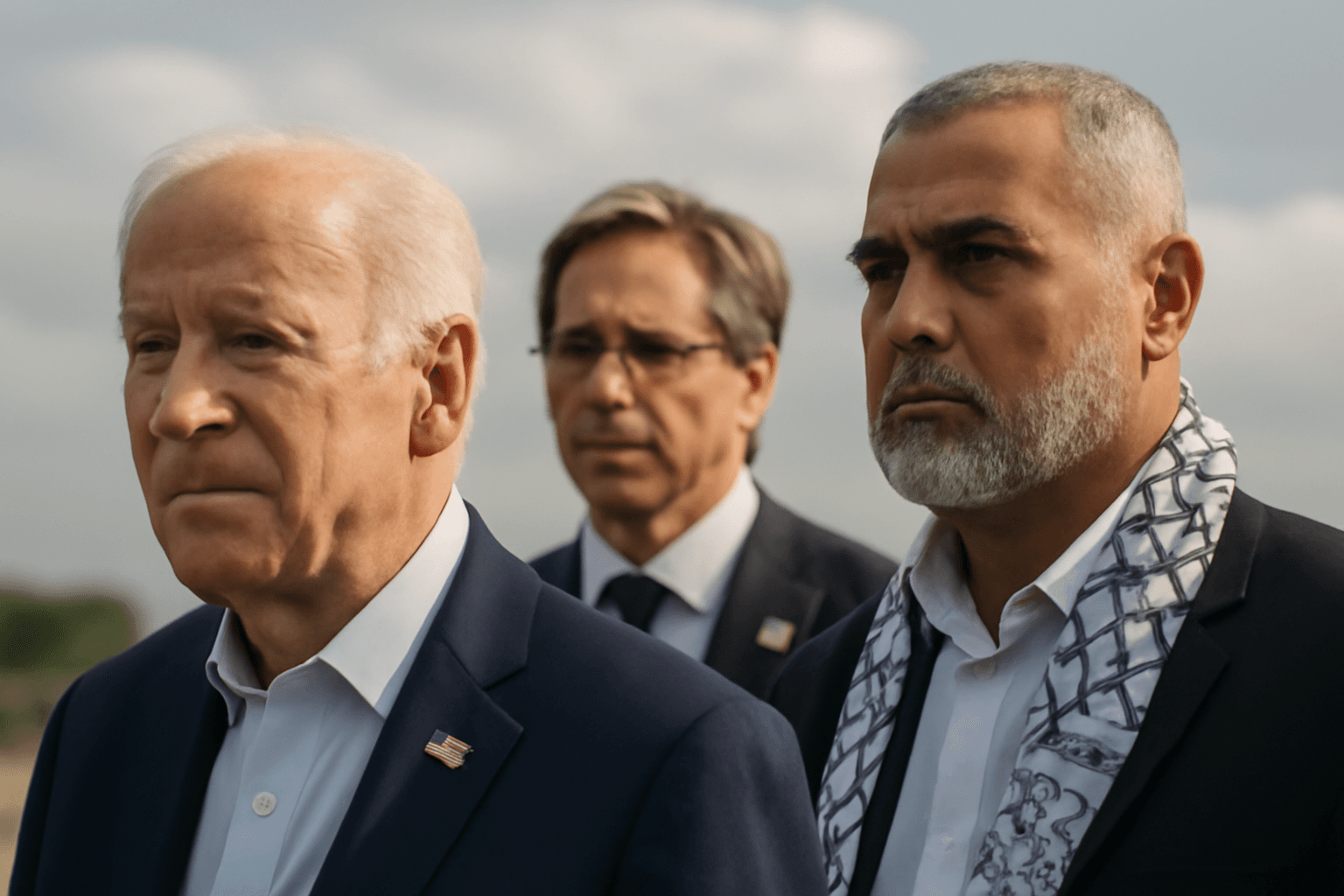The United Nations has declared Gaza the only region worldwide where 100% of the population faces an imminent risk of famine. This grim assessment highlights the severity of the humanitarian crisis gripping the enclave amid ongoing conflict and blockade.
UN humanitarian spokesperson Jens Laerke described Gaza as "the hungriest place on Earth," emphasizing that every resident is at risk of famine. This declaration coincides with escalating violence and desperation throughout the territory.
Recent incidents underscore the chaos: seven police officers attempting to control looting in a Gaza City market were killed in an Israeli airstrike. While Israel has not commented directly on the event, it continues military operations targeting what it describes as "terror targets" across Gaza, resulting in numerous civilian casualties.
The shortage of food and essential supplies has led to widespread disorder. The United Nations’ World Food Programme reported that its warehouse in Deir al-Balah was breached by desperate crowds, leading to fatalities. Similarly, a new aid distribution center in Rafah experienced overwhelming crowds, causing dozens of injuries despite efforts to manage the situation.
Reports from the field describe scenes of long queues, with some individuals leaving empty-handed. Many vulnerable groups, including the elderly and women, struggle to access aid amid the overcrowding. Aid organizations have distributed tens of thousands of food boxes, equating to nearly one million meals, yet demand far exceeds supply.
Disputes over aid distribution methods persist. The Gaza Humanitarian Foundation, supported by US and Israeli authorities, has provided food assistance but faces criticism from the UN for allegedly promoting scarcity and failing to meet population needs. Conversely, the US and Israeli governments argue their system prevents the diversion of aid to militant groups.
Israel has maintained a full blockade on Gaza since early March and intensified military operations following a severe October attack by Hamas on Israeli territory. This offensive has caused widespread destruction and casualties, with Gaza’s health ministry reporting tens of thousands of deaths.
Amid the humanitarian toll, ceasefire negotiations continue. A recent proposal involving a 60-day truce and phased hostage release was reportedly accepted by Israel but rejected by Hamas due to concerns over permanence and troop withdrawal assurances.
The situation in Gaza remains precarious, with dire food insecurity and ongoing conflict compounding the humanitarian crisis. International discussions and aid efforts continue as the enclave faces unprecedented challenges.

